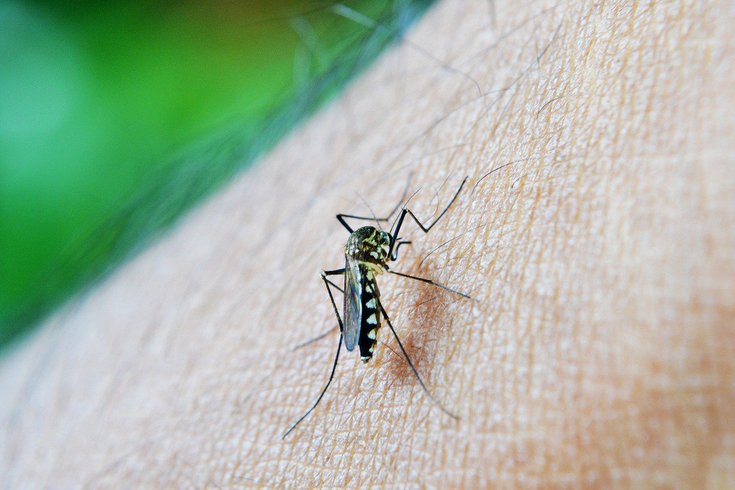
September 11, 2024
 Mohamed Nuzrath/Pixabay
Mohamed Nuzrath/Pixabay
Public health officials in the Northeast are urging people to wear insect repellent and to get rid of standing water around homes as more human cases of Eastern Equine Encephalitis, a virus that can cause severe neurological disease and potentially death, are reported around the country. One person had died from EEE in New Hampshire. New Jersey reported one human case in mid-summer.
With an additional human case of Eastern Equine Encephalitis reported this week in Massachusetts, public health officials are cautioning people to protect themselves against mosquito bites.
There have been eight cases of the rare but potentially deadly virus reported nationally this year, including one in New Jersey.
"All New Jerseyans should be aware of the potential significant impacts from mosquito-borne illnesses, especially West Nile virus and Eastern Equine encephalitis," New Jersey Health Commissioner Dr. Kaitlan Baston said late last month.
The only death so far in 2024 from EEE was reported in New Hampshire in late August. On Monday, Massachusetts Public Health Commissioner Dr. Robbie Goldstein said a fourth person in the state had been infected with EEE. One human case of EEE was reported in Atlantic County, New Jersey, between June 30 and July 6. No cases have been reported in Pennsylvania.
People contract EEE through bites from infected mosquitoes. EEE is rare and many people are asymptomatic. Some people who are infected have flu-like symptoms, including fever, chills and vomiting, approximately four to 10 days after being bitten and lasting up to two weeks. People who develop a severe form of the disease may get swelling of the brain (encephalitis) or around the spinal cord (meningitis) and have lasting neurological complications. And 30% of those who get the virus die, according to the Centers for Disease Control and Prevention. There is no preventative vaccine or treatment.
"This year's EEE season has been particularly active and is generating a lot of concern in communities across Massachusetts," Goldstein said in a release.
On average, about seven human EEE cases are reported each year in the United States. The last human EEE case in Pennsylvania was reported in 2018, according to the Pennsylvania Department of Health. The worst nationwide outbreak in more than 50 years was in 2019, with 38 cases reported, including 12 deaths, according to the CDC.
EEE is not passed from human to human. Public health officials recommend that people use insect repellent, wear protective clothing when outdoors and avoid being outside during peak mosquito hours, in the morning and evening.
The Pennsylvania Department of Health has a surveillance and response plan that coordinates efforts of local and state agencies to reduce the risk of EEE by checking for the virus in mosquitos populations. The health department will continue "...to monitor for EEE," a health department spokesperson said. Pennsylvania and other states conduct routine spraying to reduce mosquito populations and the risk of infection from mosquito-borne diseases.
Federal and local health officials also recommend:
• Mosquito-proofing homes by draining standing water and limiting the places around the home where mosquitoes can breed, such as in empty flower pots or in wading pools
• Installing or repairing screens on windows and doors
• Keeping horses in indoor stalls at night, since horses can be infected with EEE through mosquito bites